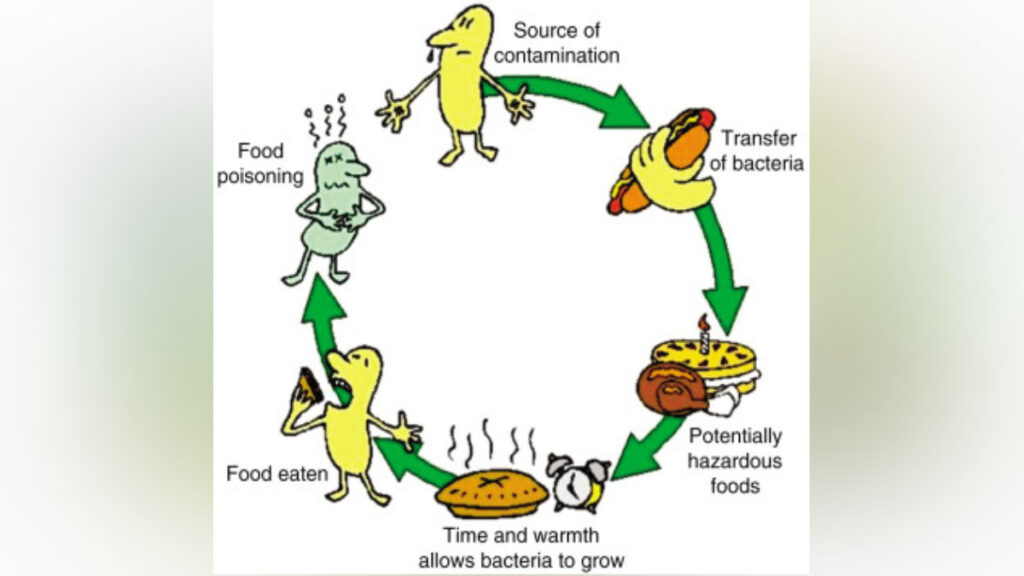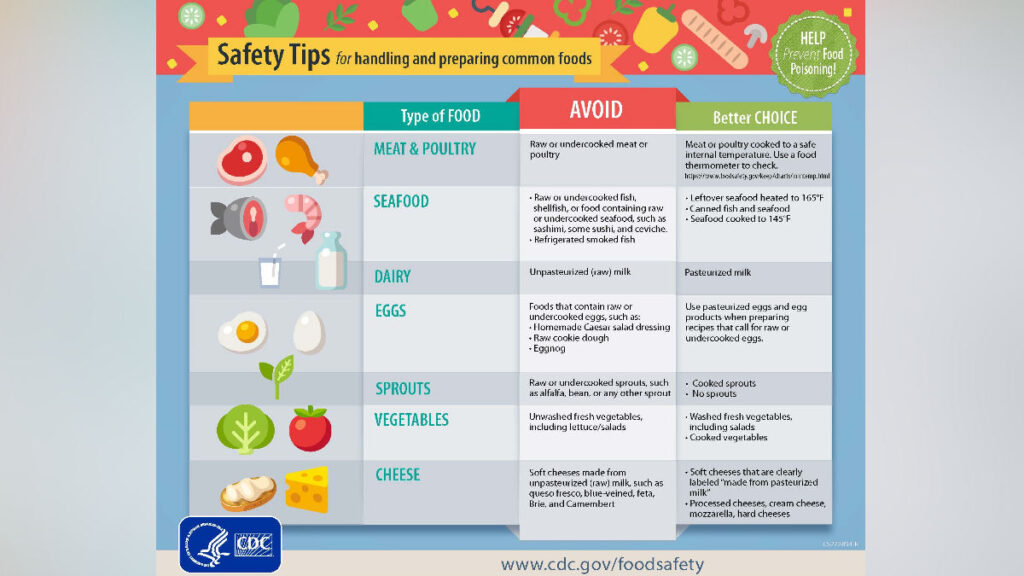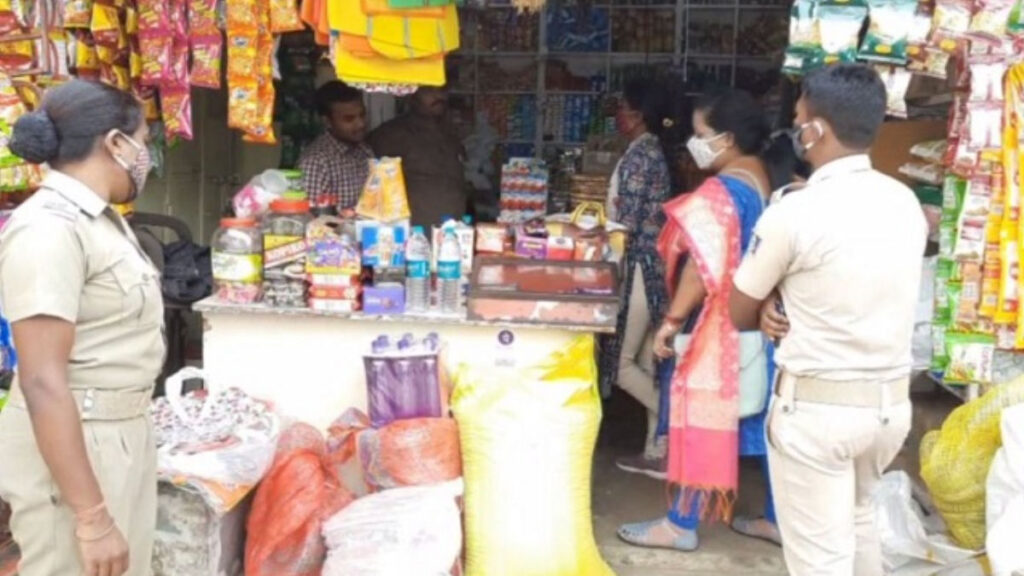World Food Safety Day Post Pandemic
The COVID-19 pandemic has given way to a ‘new normal’ which affects food safety and food systems for the foreseeable future. The fourth World Food Safety Day on 7th June, 2022, as declared by the United Nations (UN) has reshaped the outlook towards the need for food safety measures. The theme of this year is ‘Safer food, better health’. With this, the World Health Organisation (WHO) highlights the fact that safer food is the key to better human health. My City Links forages through the different aspects of this day post-pandemic.
Odisha leaping forward
Odisha has leap-frogged from the 26th position to the 13th position in the 2019-2020 survey in the National Food Safety Index. It was also adjudged as the 5th nationally-acclaimed state to have conducted high-risk inspections through technological advancements. Implementing several food safety measures has prompted it to significantly improve its position. The inspections carried out through mobile app technology as rolled out by the State Food Testing Laboratory have enhanced its capacity and mode of operation to meet the criteria of the National Accreditation Board for Testing and Calibration Laboratory (NABL) criteria.
Online registration and licensing of food business operators (FBOs) have also been put into effect to enhance revenue generation. The revenue generation is recorded to have increased steadily from Rs. 2.18 crore to Rs 7.7 crore in a year’s time. The total number of registered FBOs increased from 5,026 in 2016-17 to 57,827 in 2019-20.
Proposals like intensifying surveillance, increasing the number of food testing laboratories, involving private labs in food testing and food fortification measures have been taken into account. The Health and Family Welfare department has constituted a technical committee for working out the methods for extending the outreach of food testing activities by leveraging the existing labs of different departments. Food safety lessons are also proposed to be included in the academic curriculum at different levels.

On Monday, a team of officials from Nepal, on a study tour of Odisha, praised the food security programme in the state. During an interactive session chaired by Chief Secretary Suresh Chandra Mahapatra, the team from Nepal praised the planning, implementation and monitoring of food security programmes in the state. “No poor will stay in hunger is the motto of our government and governance,” Mahapatra said. Principal Secretary, Food Security and Consumer Welfare, Vir Vikram Yadav presented Odisha’s journey towards food security during the last two decades.
Coronavirus
The pandemic has seen a surge in hygienic and clean measures such as handwashing and hygiene in all spheres of life.COVID-19 precautions are the need of the hour to ensure a better food production and safety landscape. Despite the pre-conceived measures, the pandemic has influenced more superior ways in which food should be produced, transported and marketed. The role of food workers is of utmost importance were educating them about hygiene and a healthy approach is needed. The global food safety vigilants are especially highlighting the risks associated with harmful eating practices, in the backdrop of the COVID-19 pandemic.
“Post the pandemic and lockdown/shutdown scenario prevalent in the state, restaurateurs have become very cautious in providing and ensuring a safer and better environment. A hygienic environment has always been maintained but the surge of the pandemic has prompted us to frame more stringent measures to serve better and under safer conditions. Our staff operate professionally wearing gloves, masks and caps while working. The kitchen is regularly sanitised and disinfected to contain the spread of the virus. Food delivery services like Zomato and Swiggy also follow a strict agenda with their delivery valets and the restaurants associated with them ensuring overall safety,” said Aman Agarwal, the owner of Chakhle India.
Wastage
Wastage of food is an alarming issue in India. It is indicative of the country’s love of surfeit, in any situation. Street garbage bins and landfills are proof enough to alibi for the inestimable wastage. As per a survey carried out by the United Nations Development Plan (UNDP), up to 40% of the food produced in India is wasted. About 21 million tonnes of wheat are wasted in India and 50% of all food across the world meets the same fate and never reaches the needy.
Weddings, restaurants, social functions and households spew out so much food without any concern. Reportedly, according to the agriculture ministry, food produced is worth Rs. 50,000 crores are wasted every year in the country.
Some restaurants have employed food controllers to check food spoilage, others donate it to their staff and other personnel, for a sustainable business. Smaller standalone restaurants, donate it to the needy or street animals.
Impact of food safety
Odisha in collaboration with the Food Safety and Standards Authority of India (FSSAI) has initiated steps for addressing the gaps in the food safety ecosystem of the State and for promoting the culture of safe and wholesome food. Under the clean street-food hub initiative, around 30 food vendors have been registered and trained.

- Food safety improvements result in the reduction of food-borne illnesses which directly yield economic and social benefits, as stated below:
- Reduction in the loss of income and healthcare costs of individuals.
- Improvement in productivity.
- Improvement in public health owing to a reduced burden on the healthcare system.
- Safety in food supply- from farm to table.
- Assurance of consumer confidence leading to economic stability.
Food-borne Diseases
Food-borne diseases are usually invisible to the naked eye and are infectious and often toxic for the body. To avert the dire consequences, food safety has a critical role in assuring that food stays safe at every stage, from production to harvest, processing, storage, distribution, preparation and consumption. Although there is currently no evidence that suggests the transmission of COVID-19 is associated with food, the Centers for Disease Control and Prevention (CDC) suggests that proper food safety etiquette should be followed in general as a compulsory food etiquette. This includes washing hands with soap and water for 20 seconds before preparing or eating food, and keeping strict checks on the possibility of contamination of food products during storage or packaging.
“Regular awareness programmes are conducted by the government to ensure safe use of pesticides. The proper application and dosage of the plant enhancers are required to reap the best results. Farmers are educated to use the right dosage of the fertilisers and not overdo it by using unrestrained amounts of urea. A balance is required so that the crops grow healthy,” informed Seema Tete, Assistant Agriculture Officer in Lakhanpur, Jharsuguda.
Focus

WHO and FAO focused the 2021 campaign on five calls to action to highlight how everyone can cater to help prevent, detect and manage foodborne risks. The five calls being- ensure it’s safe; grow it safe; keep it safe; eat it safe; and team up for safety. Governments, producers, vendors and consumers can ensure healthy food markets and cater to the overall health of the society. Training of food inspectors in an extensive manner is a necessity to ensure proper inspection and scrutiny. “Food safety is a shared responsibility between governments, producers, and consumers. Everyone has a role to play from farm to table to ensure the food we consume is safe and healthy,” read an event update on the WHO website.
The mid-day meal as rolled out by the government in state-run schools is an initiative to encourage parents to send their children to schools. Since food is an integral source of survival, it serves as a tool to impart education to the population belonging to below poverty line (BPL). The quality, hygiene and nutrition level of this meal requires regular inspection, so as to maintain its authenticity. “The meals provided in schools are nutritious as it embodies a balanced diet for children. Ranging from vegetarian to non-vegetarian food, the food is nutritious and filling. The cooks hired by the state are under scrutiny to ensure hygiene during its preparation,” shared Abeda Khatun, an Aaganwadi teacher.
Efforts
The country is striving to gain an optimum level in food safety and security through the following:
- Reduction in food hazards by disease-causing microorganisms, toxins and chemical contaminants.
- Improvement in food processing technologies
- Enhancing supply of fresh and fresh-cut fruits and vegetables
- Finding healthy alternatives for antibiotics in animals
- Mitigation strategies for antimicrobial resistance
- Impart better training to the next generation scientists on enhancing food safety.
Food safety needs to be ensured at all levels from growing, processing, transporting, storing, distributing, selling, preparing, serving or consuming food, to maintain a healthy society.

Author: Aafreen Firdaus
Aafreen is a doting mother to several kitties and a doggo who loves to pamper everyone with delicious food. She is a free spirit and a wizard of words and she loves to tell beautiful stories through her writing. She is also a loving and caring soul, always ready to pitch in with a helping hand and a smile on her face.
Read more from author


